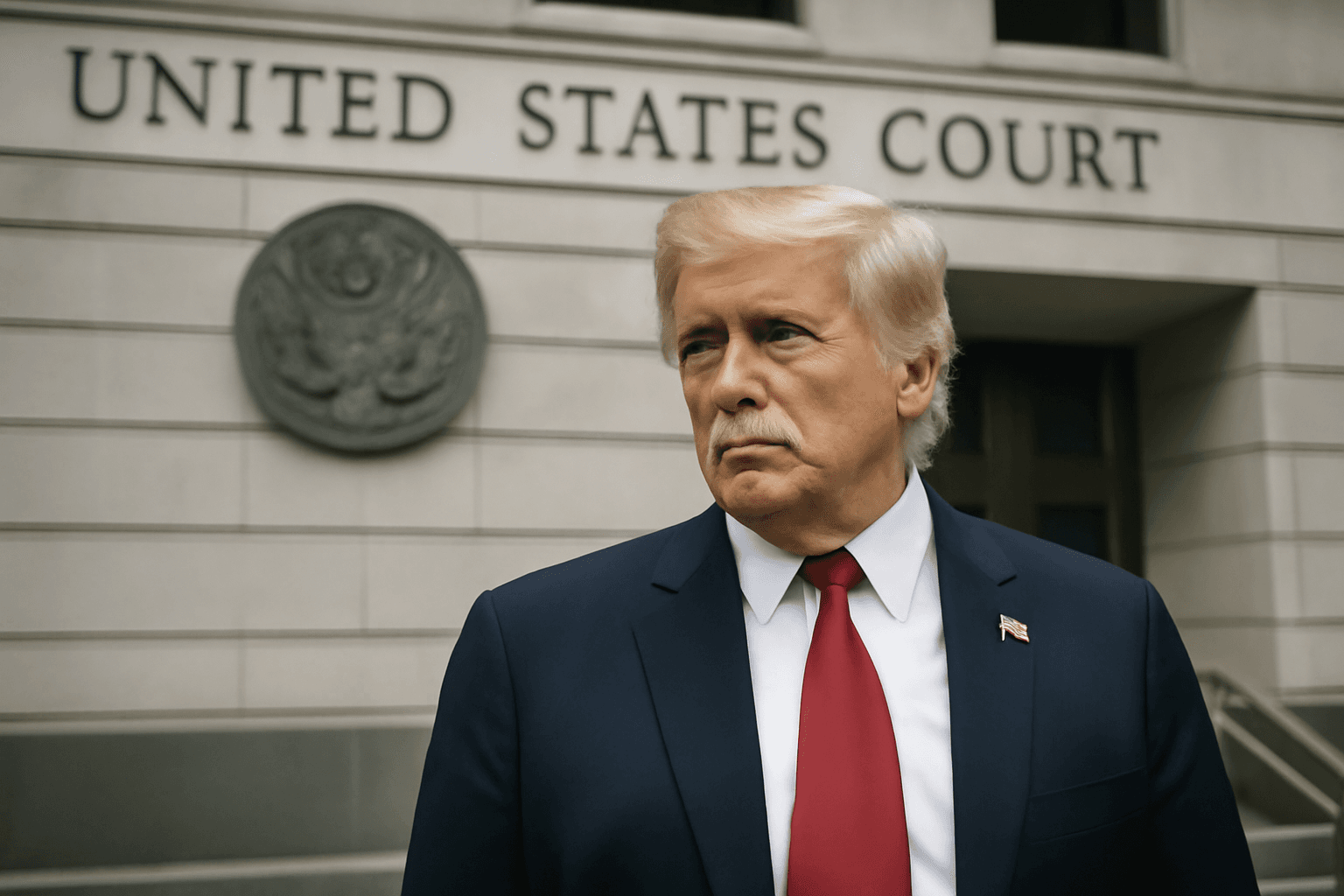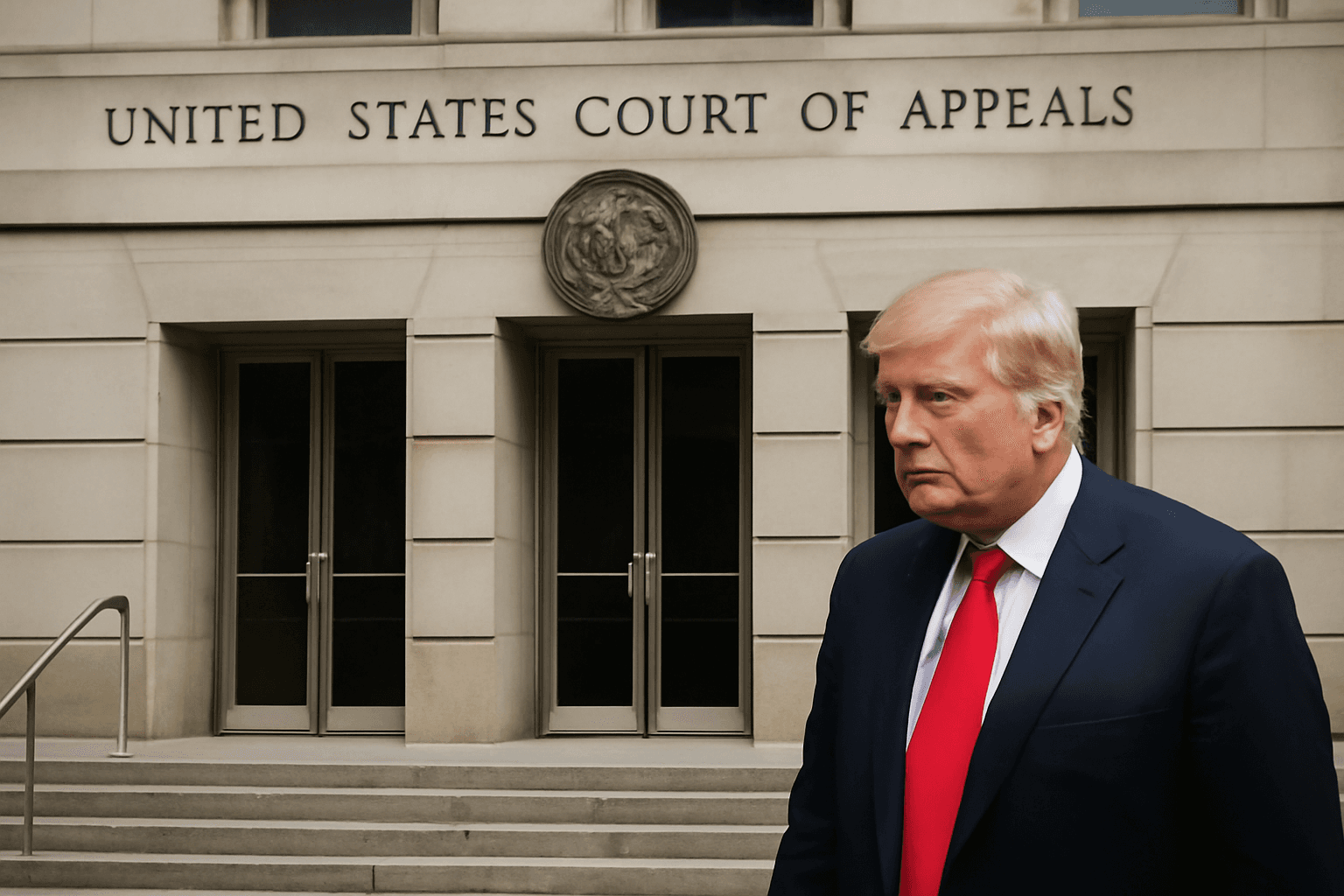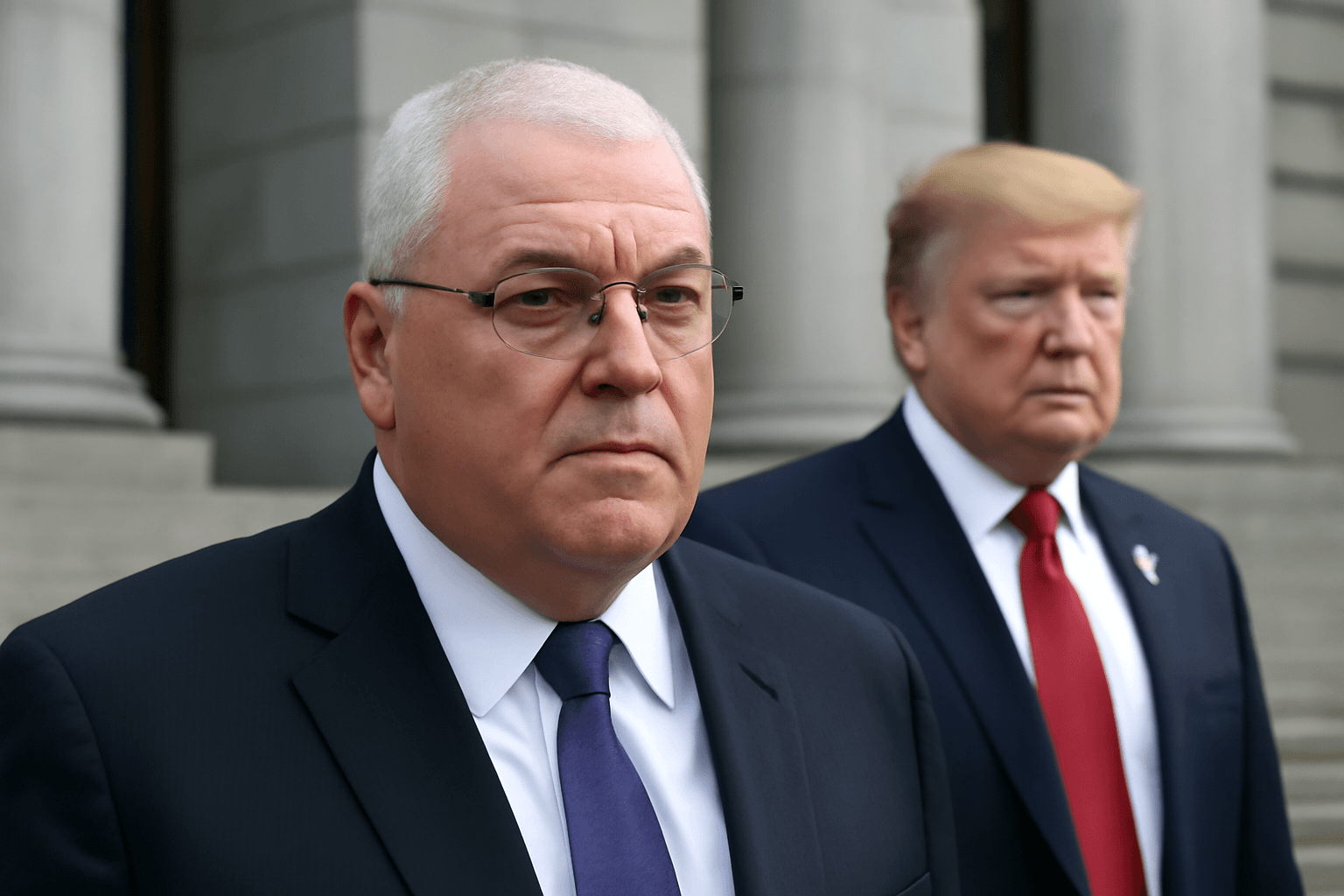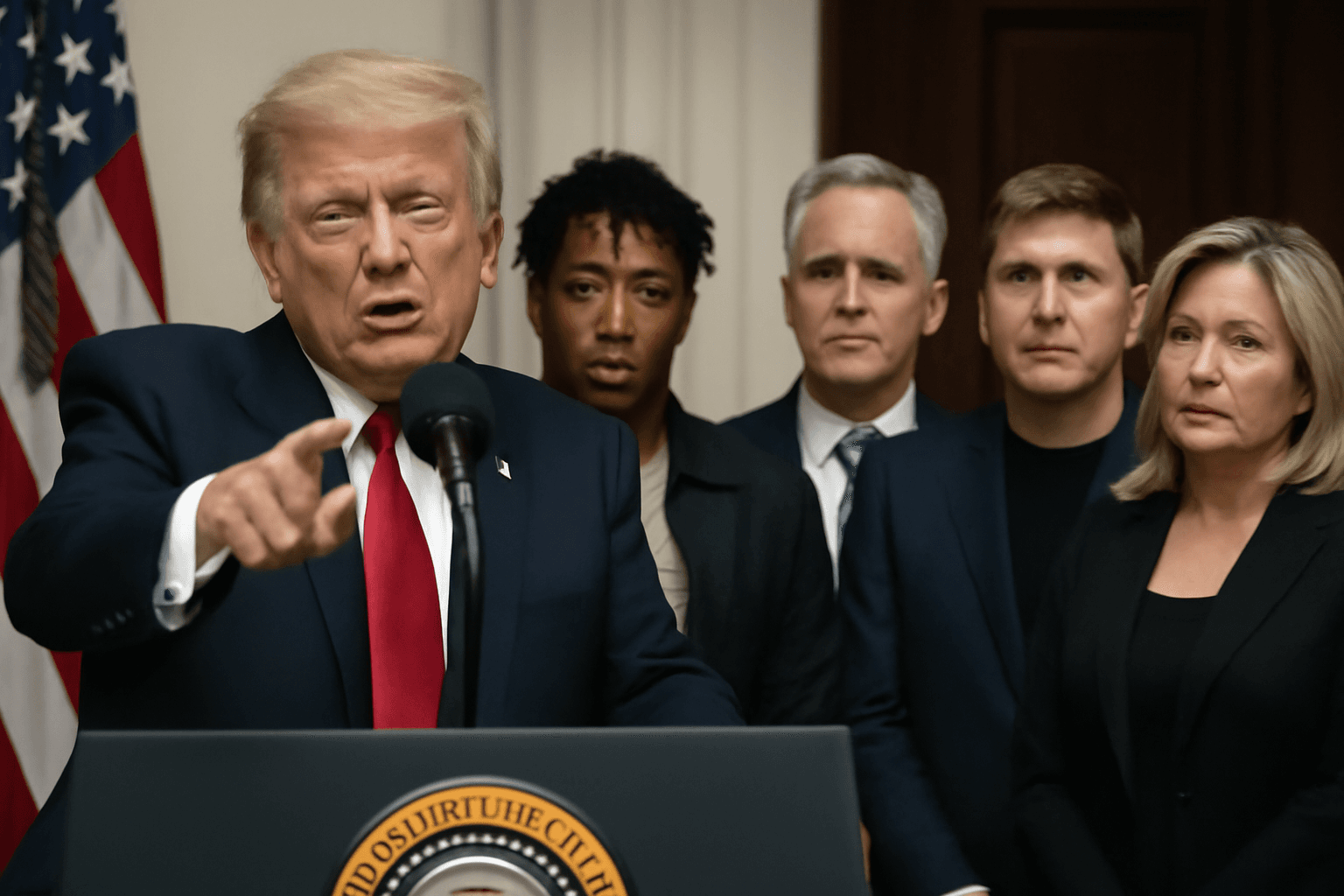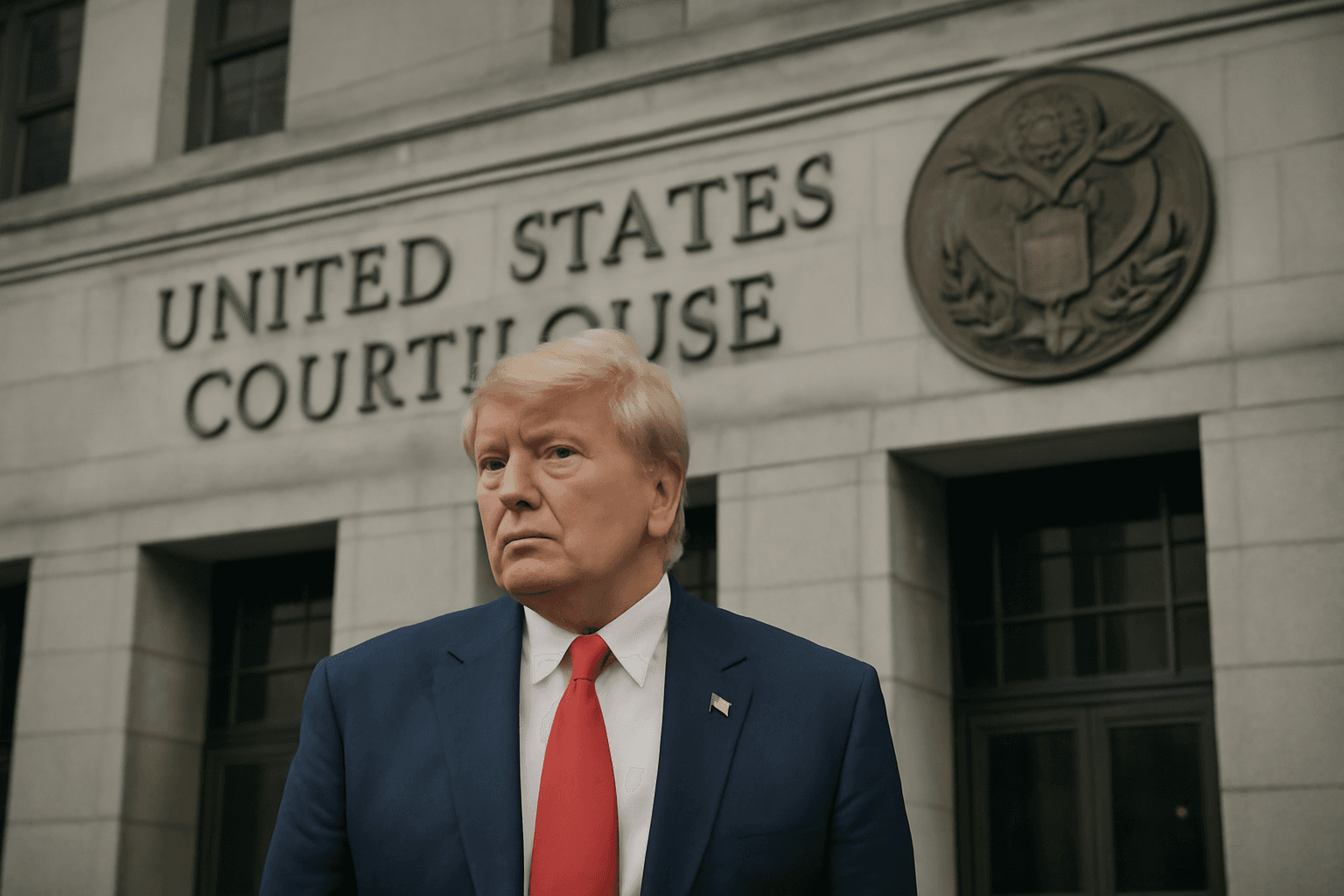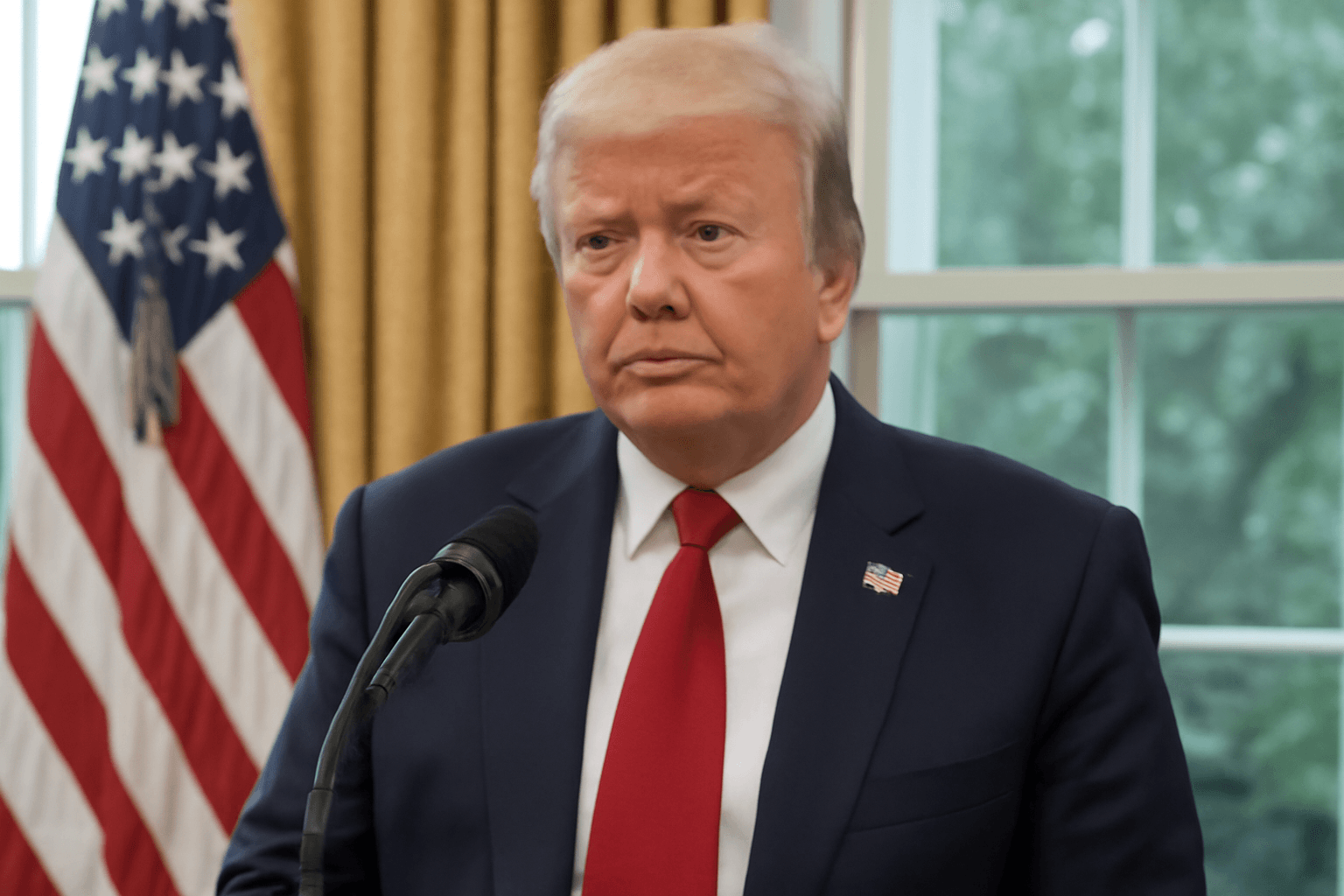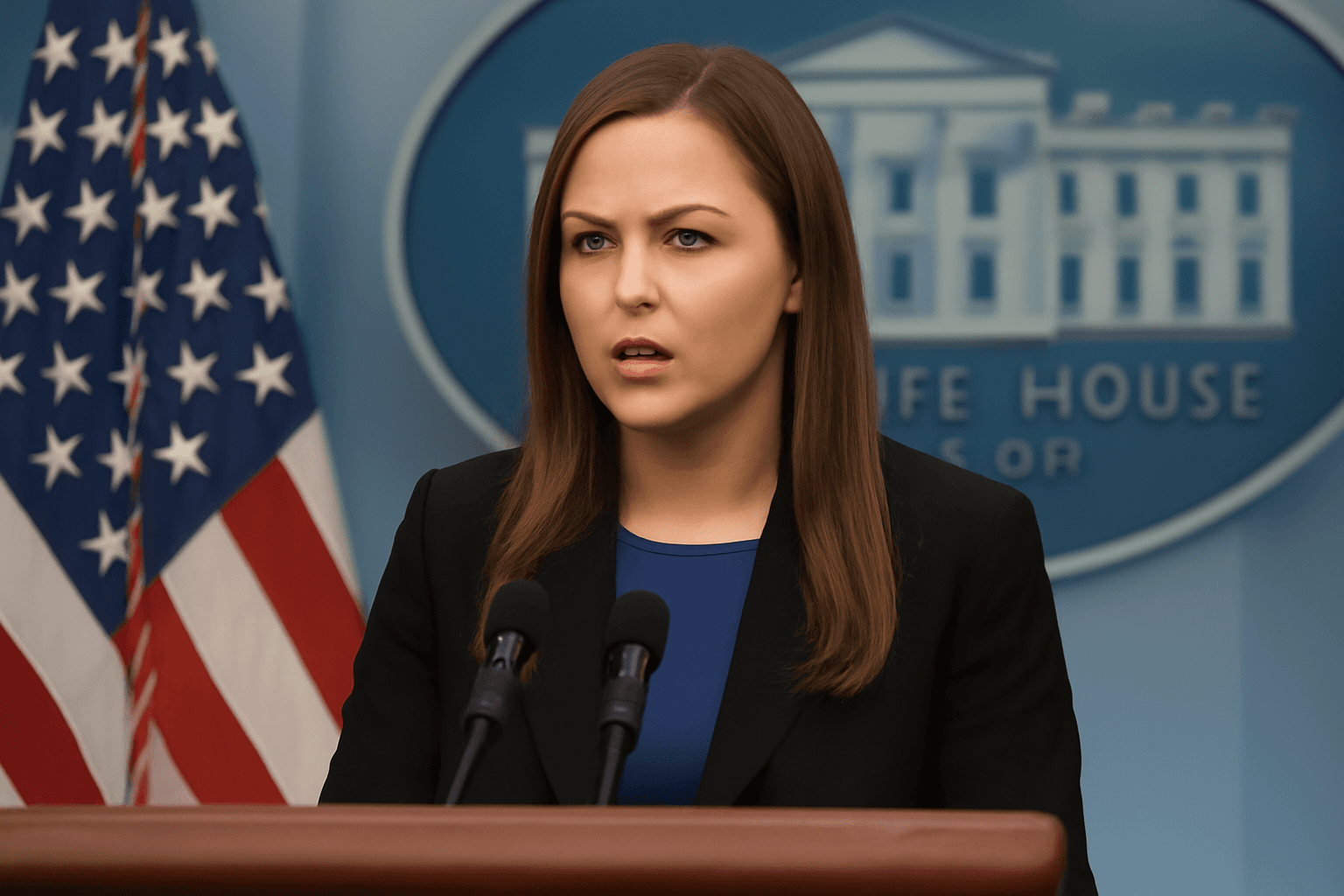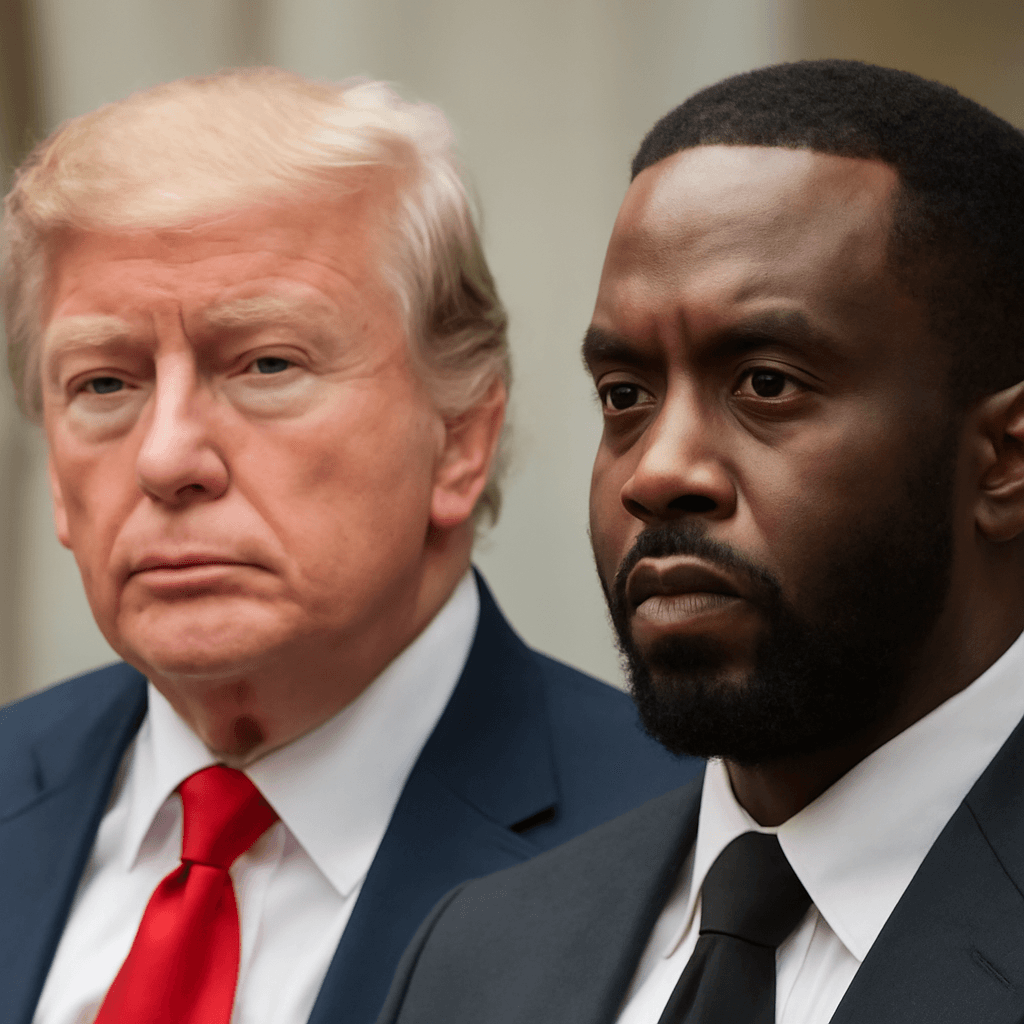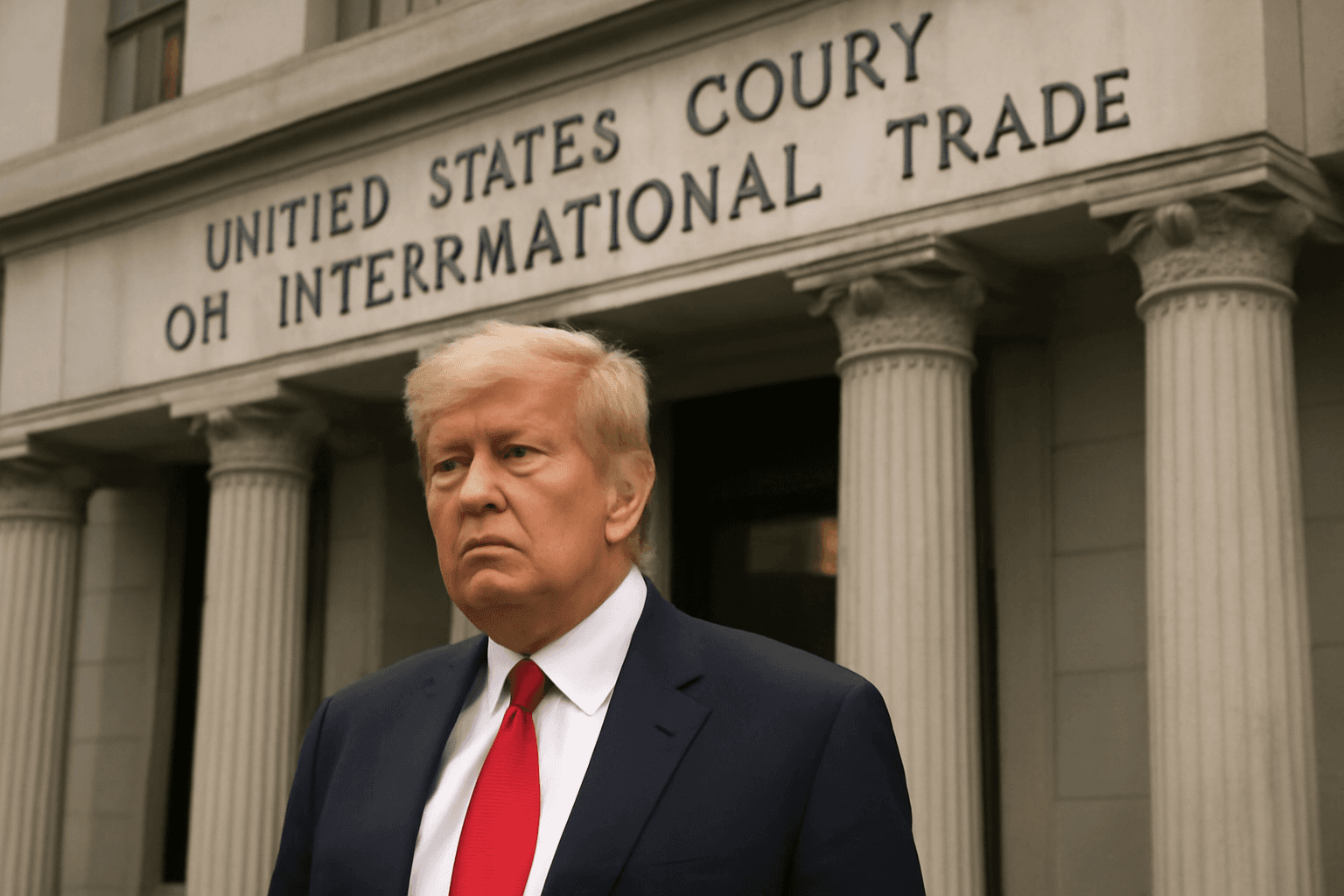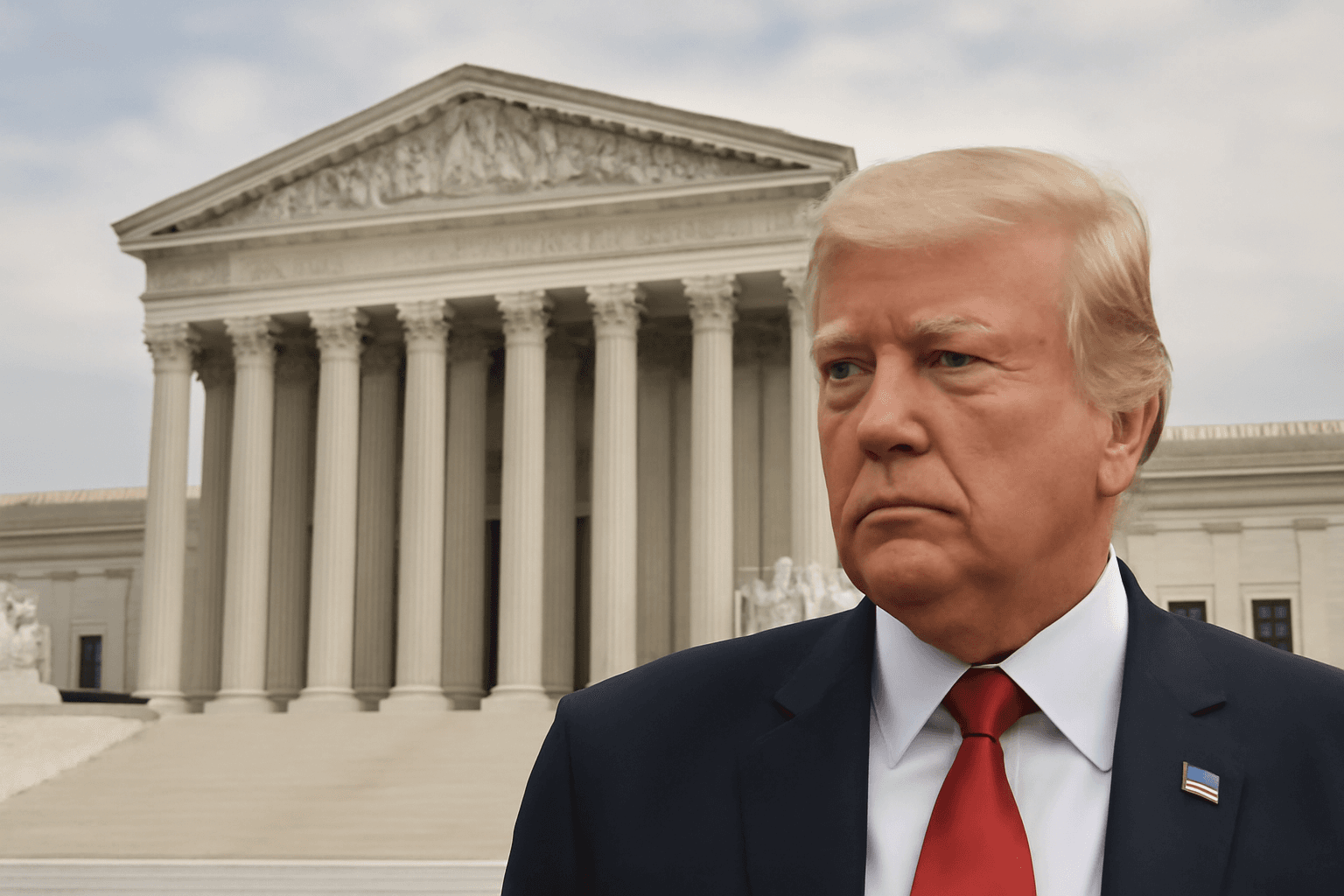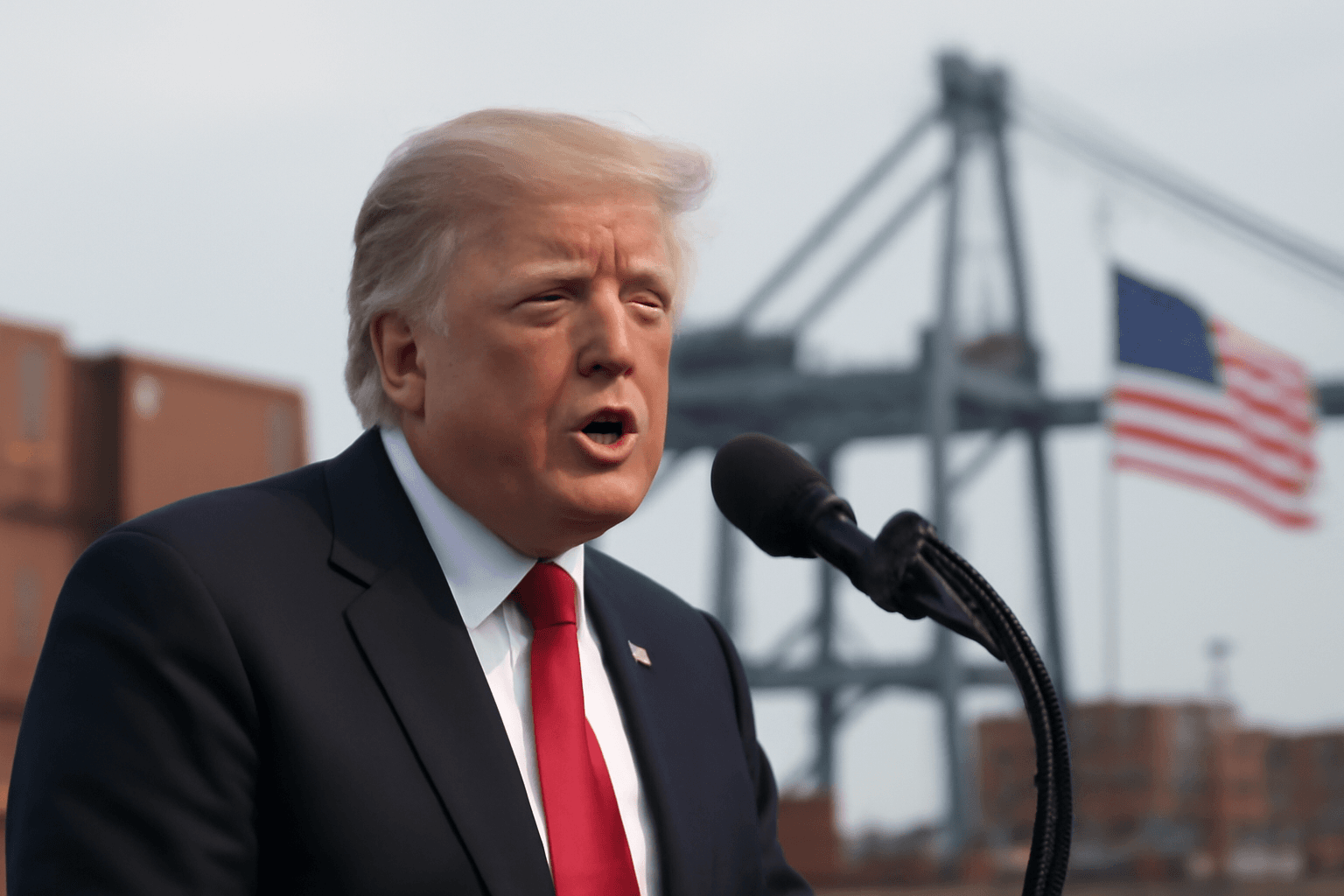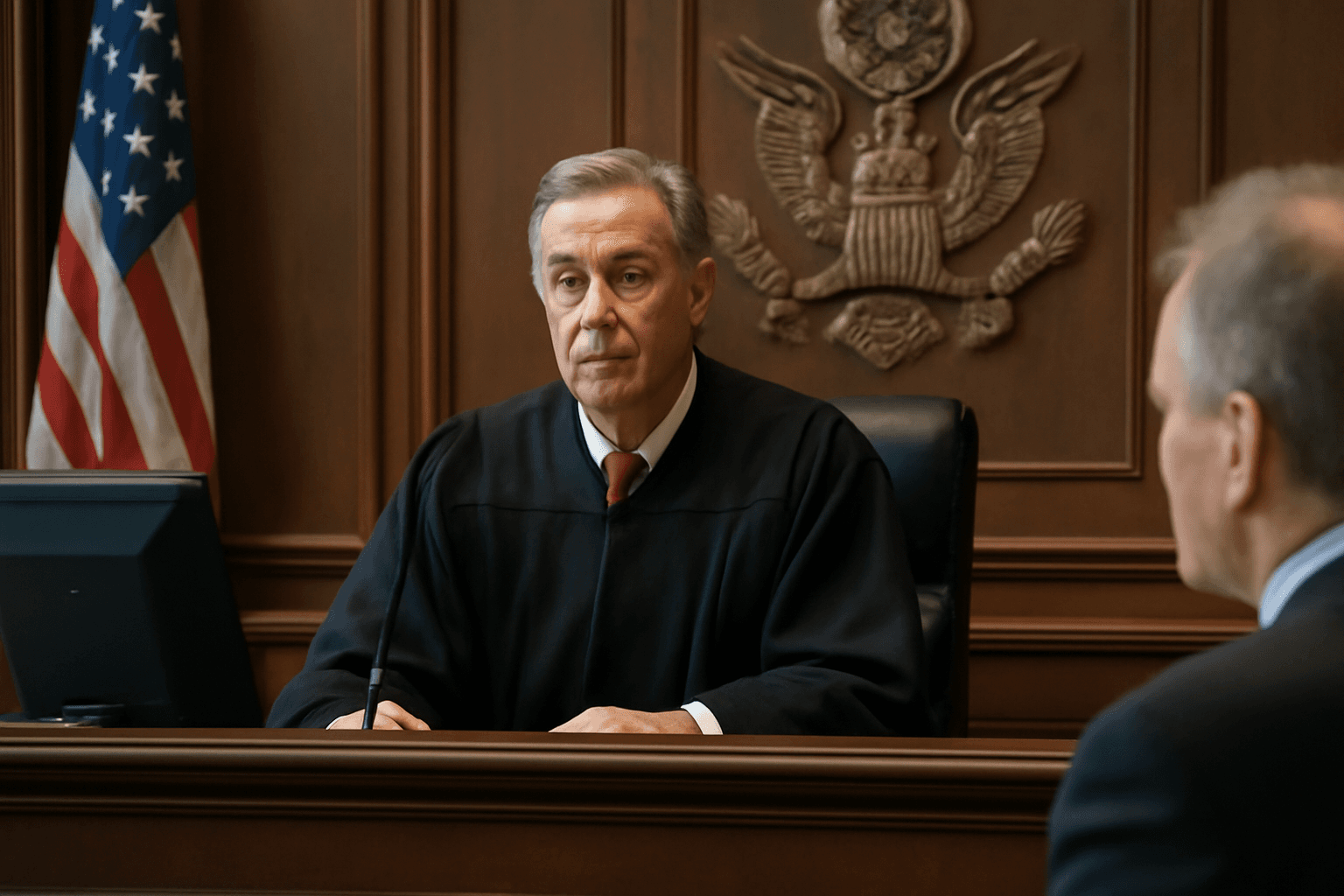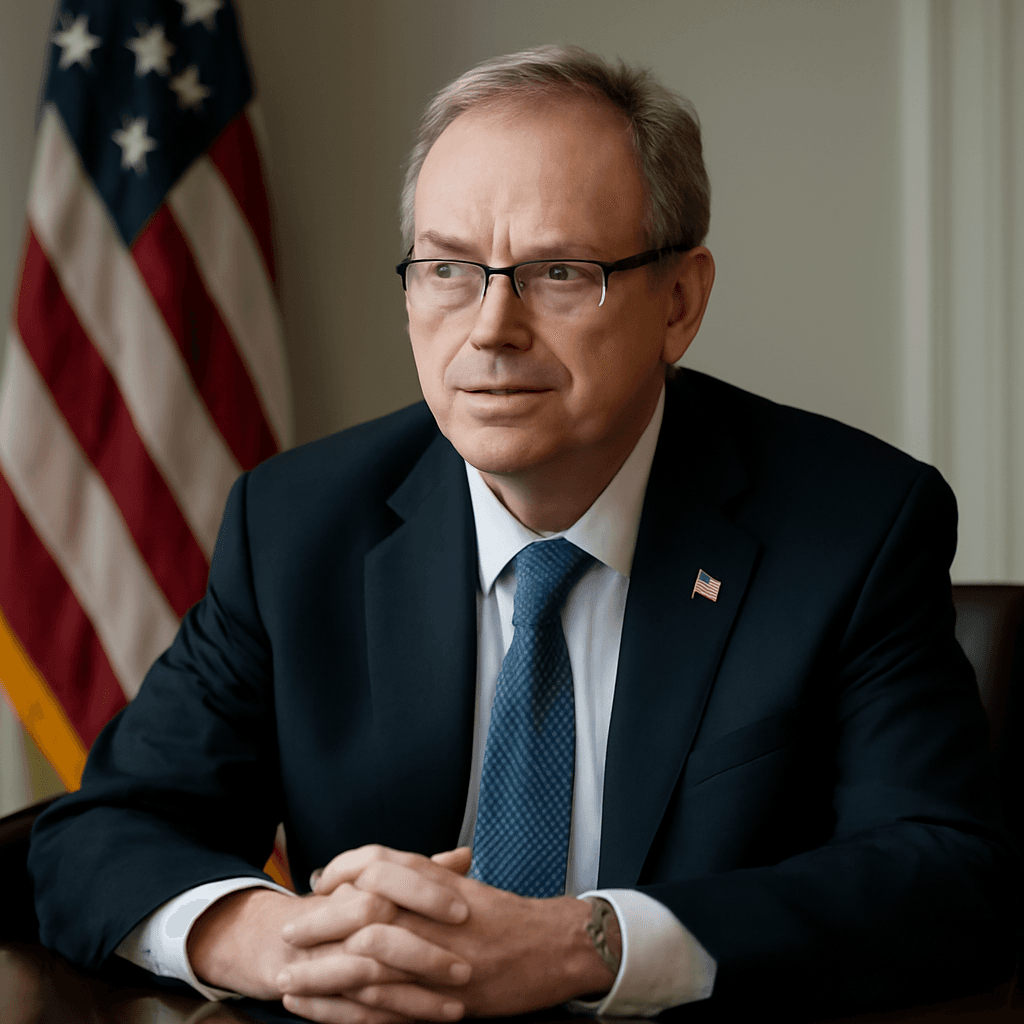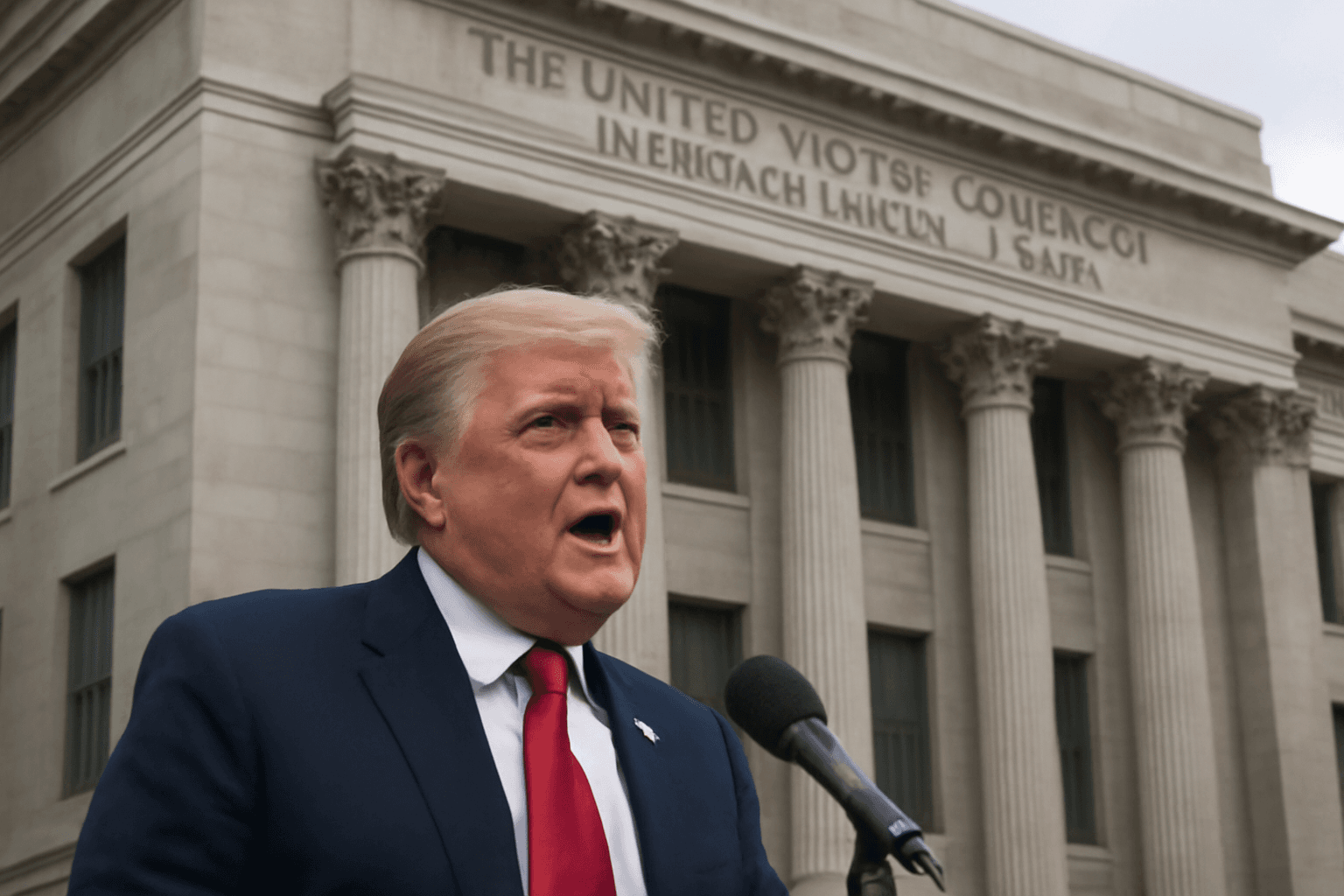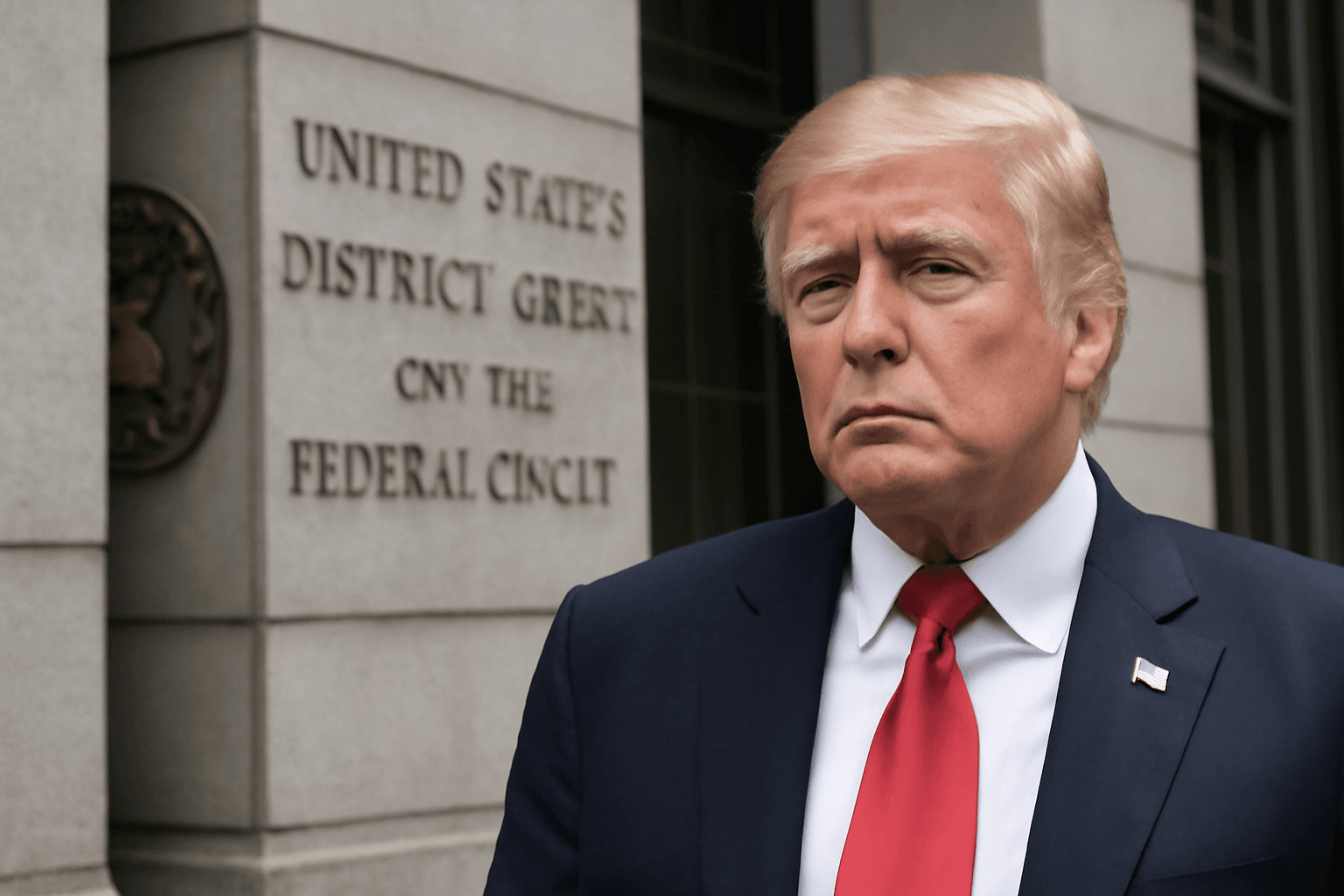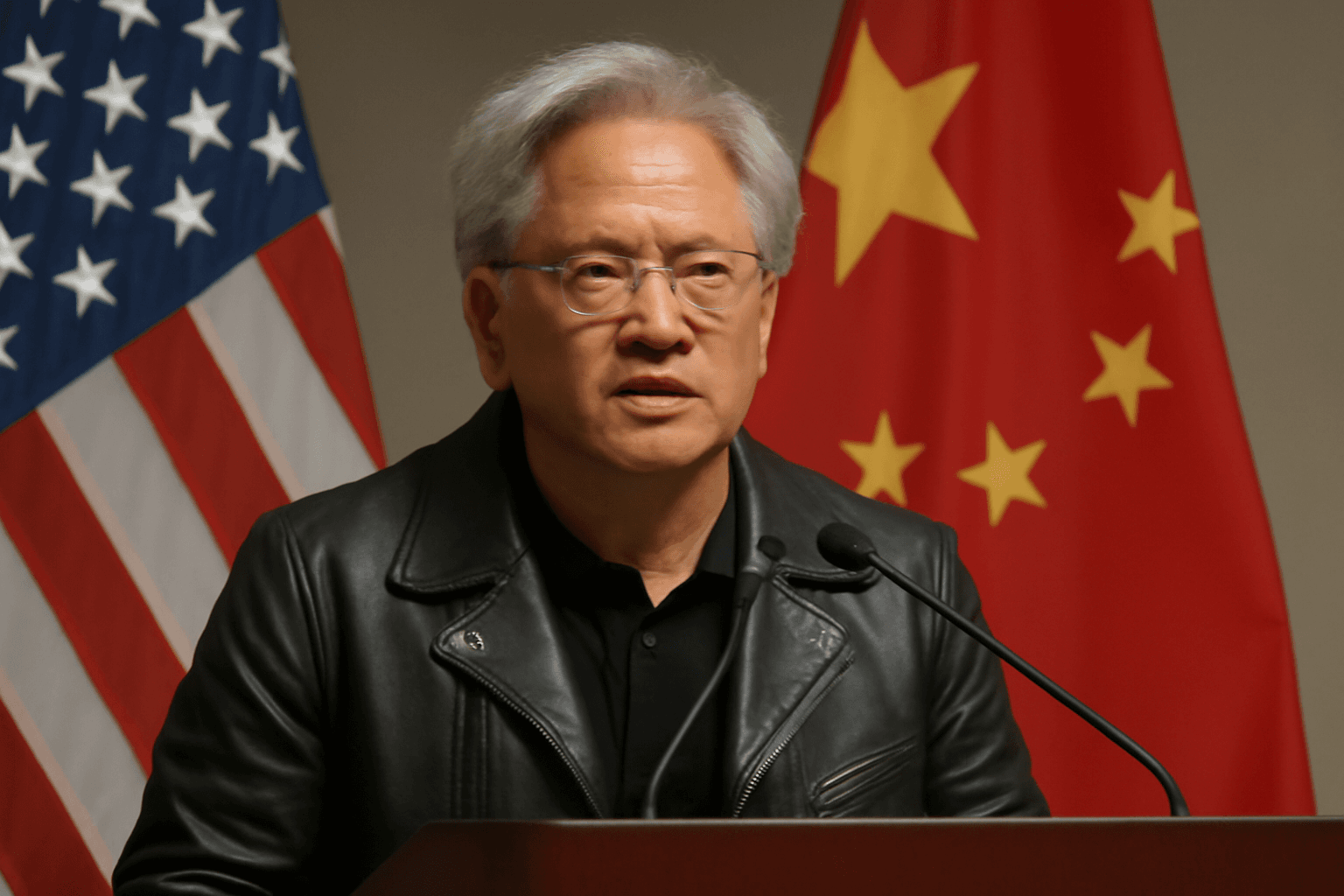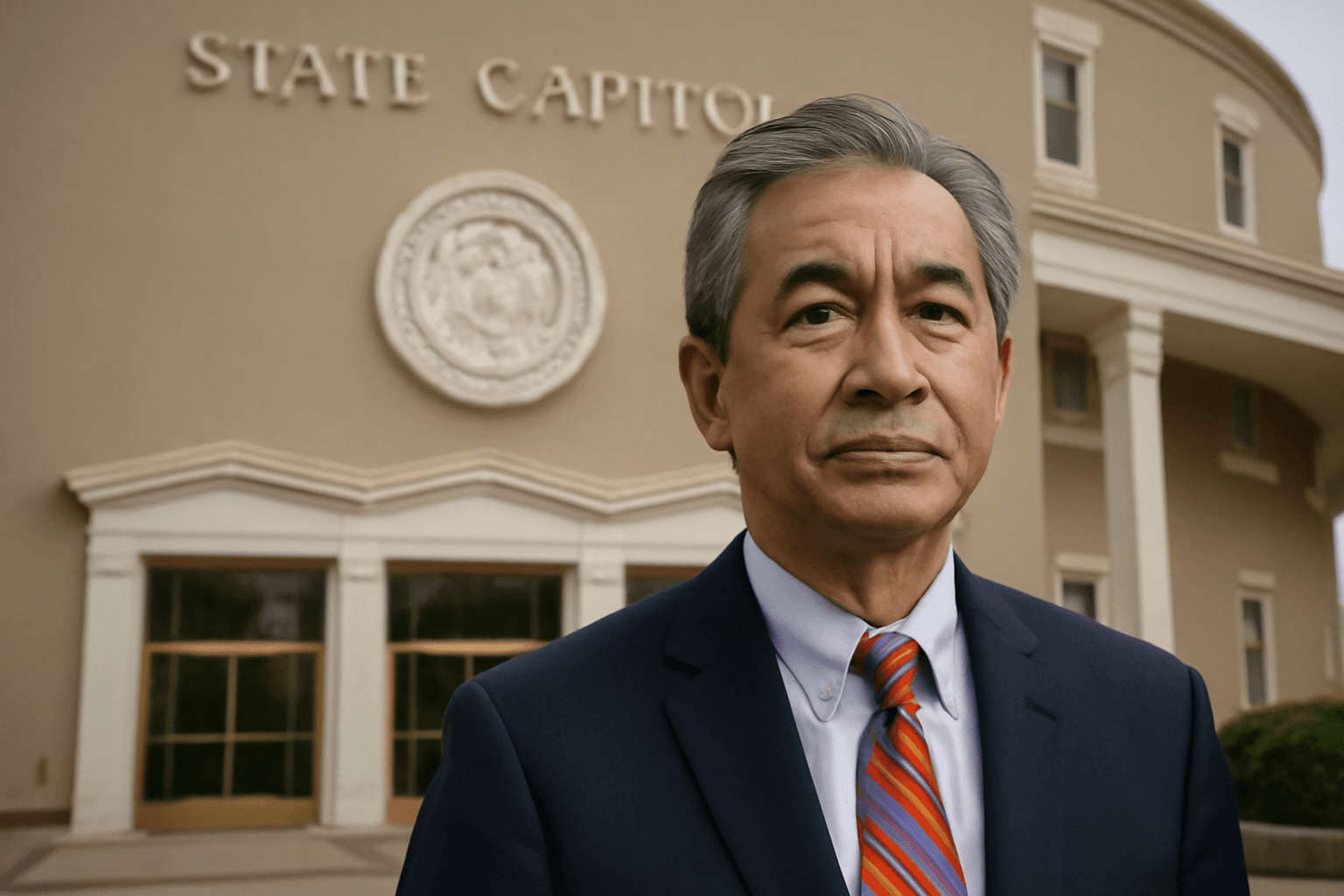A federal court has blocked President Donald Trump from imposing broad tariffs on imports using emergency powers, challenging the legal basis of his trade policy initiatives. The ruling, issued by a three-judge panel from the U.S. Court of International Trade in New York, questions Trump’s authority to unilaterally levy such tariffs without congressional approval.
The court's decision arises amid multiple lawsuits contesting the administration’s use of the International Emergency Economic Powers Act (IEEPA) to enact tariffs aimed at addressing long-standing U.S. trade deficits. While Trump argued these tariffs would encourage the return of manufacturing jobs and generate revenue to reduce the federal deficit, critics maintain the emergency powers statute does not authorize such broad economic measures.
The administration has framed the trade deficit as a national emergency that has weakened American industries and defense capabilities. However, the court disagreed, declaring that the tariffs exceed the president’s authority under IEEPA to regulate imports via tariffs.
Though Trump retains the ability under Section 122 of the Trade Act of 1974 to impose temporary tariffs of up to 15% for 150 days on countries with substantial trade deficits, the sweeping tariffs introduced under emergency powers are now barred pending further legal review.
The Trump administration has filed a notice of appeal, signaling the matter may ultimately reach the Supreme Court for a definitive ruling. Meanwhile, the decision restricts the president’s capacity to enforce tariffs unilaterally, highlighting the balance of power between the executive branch and Congress in trade policy decisions.
Trade and economic experts note that the tariffs have so far failed to produce significant improvements in the U.S. economy and have disrupted global financial markets. Small businesses and multiple states have challenged the tariffs' legitimacy, citing negative impacts on supply chains and consumer prices.
Oregon Attorney General Dan Rayfield emphasized that “trade decisions can't be made on the president's whim,” while Senator Ron Wyden criticized the tariffs for increasing costs and threatening the supply of essential goods.

